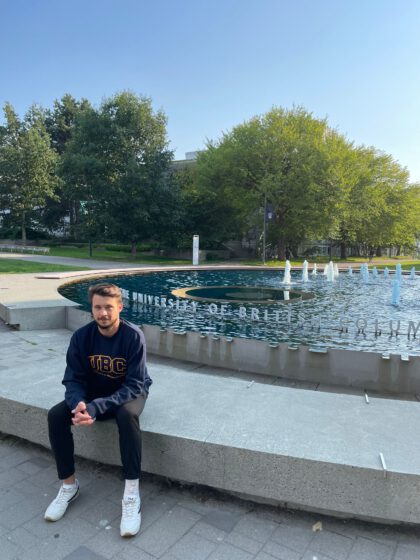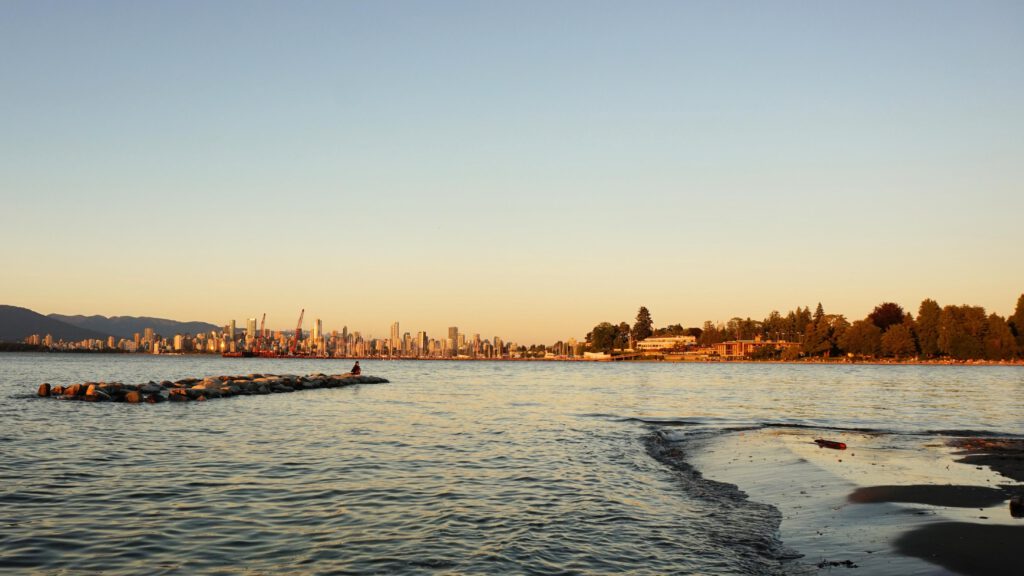
Doctoral researcher Fabian Heck in CRC 1333 project A03 spent two months at the University of British Columbia (UBC) in Vancouver, Canada to visit Prof. Curtis Berlinguette and his team. The purpose of his stay from June to August 2024 was to work on his research project “Electrocatalysis under confinement: Investigation of porphyrin-based COFs by operando Raman gas diffusion electrode”.
In the CRC 1333, all doctoral and postdoctoral researchers have the opportunity to receive additional funding for a research stay abroad up to three months by applying to the CRC board. The aim is to promote the international competence and early independence of our early-career researchers.
The Berlinguette group is a global leader in the field of flow cells and is interested in exploring the fundamental processes behind CO2 reduction with various materials and their potential application on an industrial scale. Fabian had already been in contact with the group through a colleague two years ago, and it quickly became clear that a collaboration would make sense.
The aim was to study porphyrin-based COFs with their operando Raman set-up, which could help project A03 to further understand impacts of local pH variations, mass transport, surface species formation as well as reaction intermediates during eCO2R with COFs at high current densities, potentially leading to the observation of potential confinement effects, which are highly relevant to the work of the CRC 1333.
In an interview, Fabian gave us some insights into his stay:
What was special about the work of the Berlinguette Group?
While the overall structure and meeting culture of the group was very similar to what we have in Stuttgart, the background of the people working in the group was different: the proportion of chemical engineers is very high, which makes the group’s work much more application-oriented for the industry. Having more engineers and synthetic chemists in the group also influences the way the work is done, e.g. when it comes to problem solving.
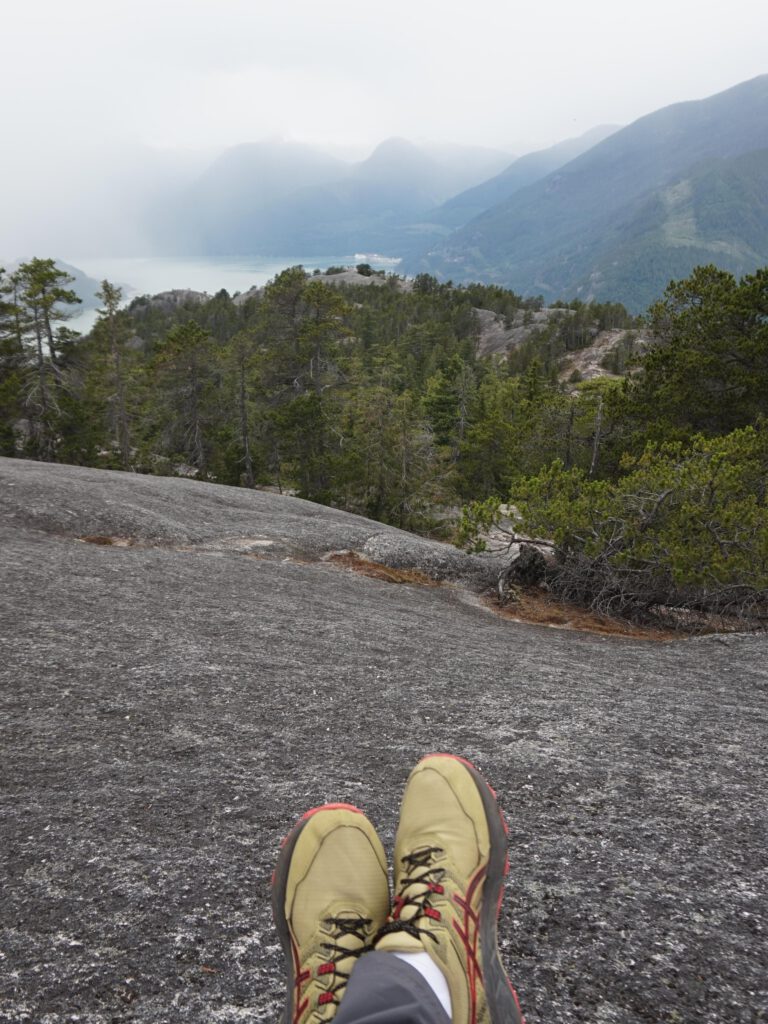
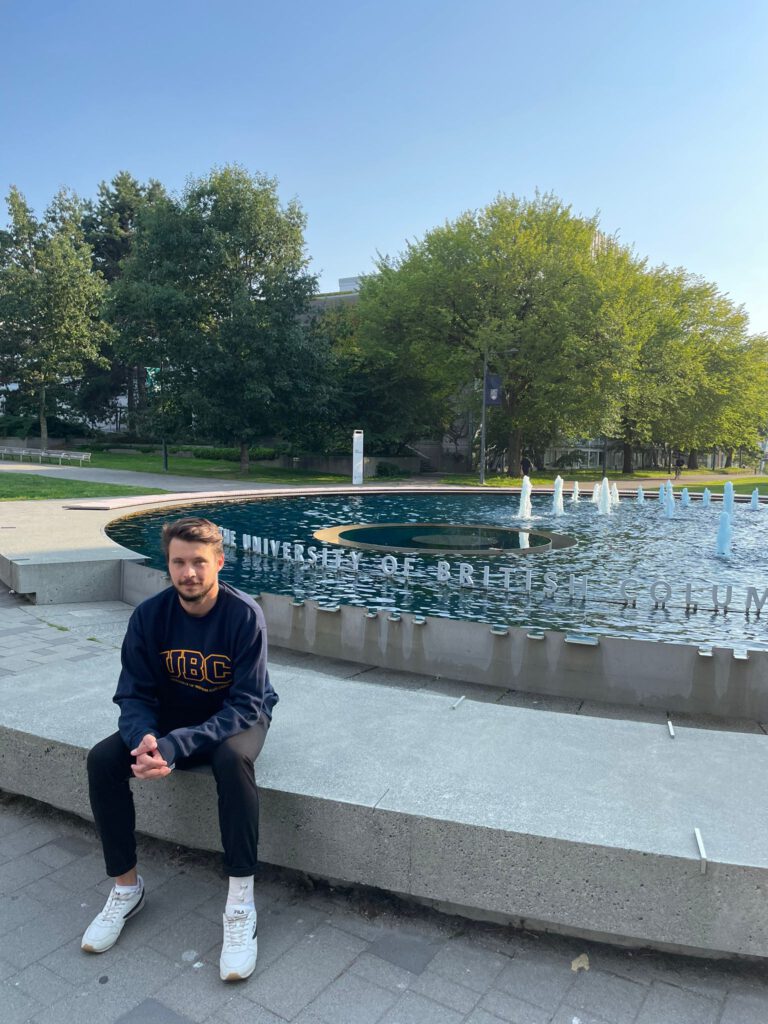
How did you like Vancouver? What were some highlights for you?
The UBC campus has a very unique geographic location, situated at the western tip of the Point Grey Peninsula, surrounded by forests on three sides and the ocean on the fourth. The nature in this area is breathtaking and obviously very different from what we know in the Stuttgart area.
I enjoyed the easy access to nature and the ocean, the great public transportation system, and the fact that the UBC campus offered everything I needed for my daily life.
The integration into the Berlinguette group was very easy and I also spent time with colleagues outside of work. The lifestyle in Vancouver is very active and I was able to do a lot of sports in my free time.
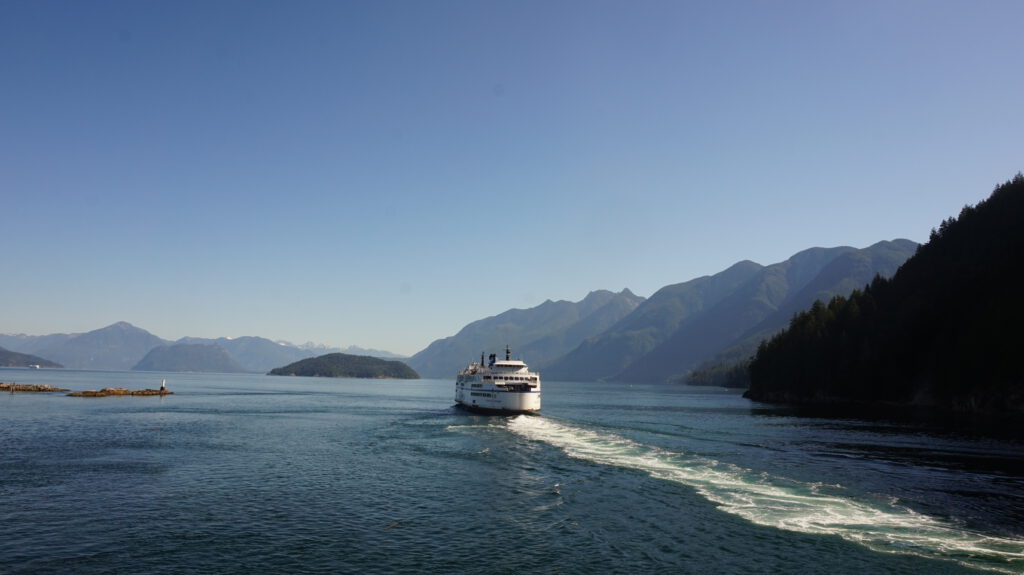
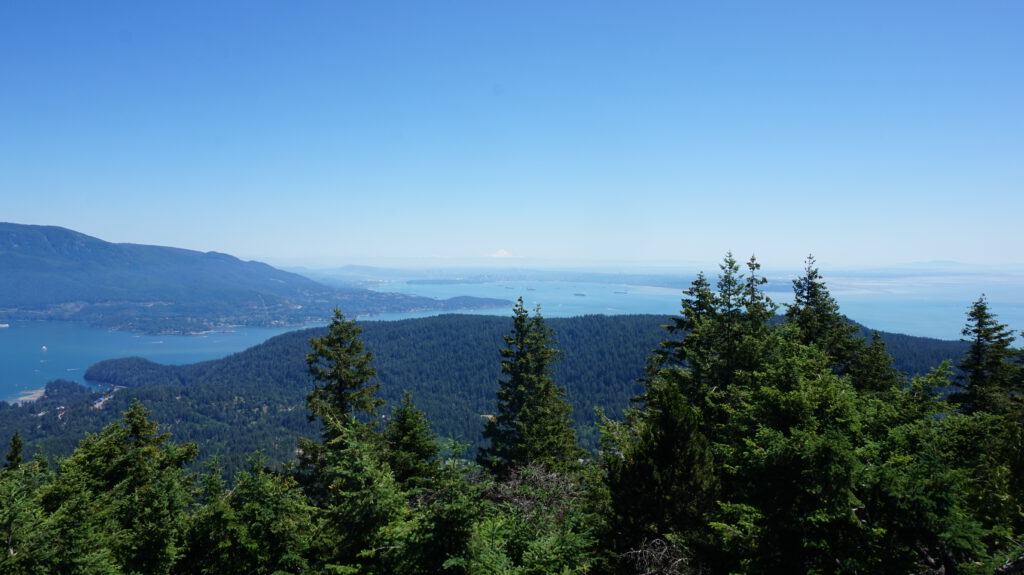
Do you have any recommendations for someone looking to do a research stay?
Make sure you allow enough time for the planning process. My first contact with the Berlinguette Group was two years before the actual research stay. The more time you have, the better you can prepare.
It is also important to prepare scientifically for the research stay: for example, you can do some preliminary scientific work at home and get started more quickly because you already have the necessary results with you. Finally, be sure to choose a project that will help you advance your doctoral studies
Thank you for all the insights, Fabian.
